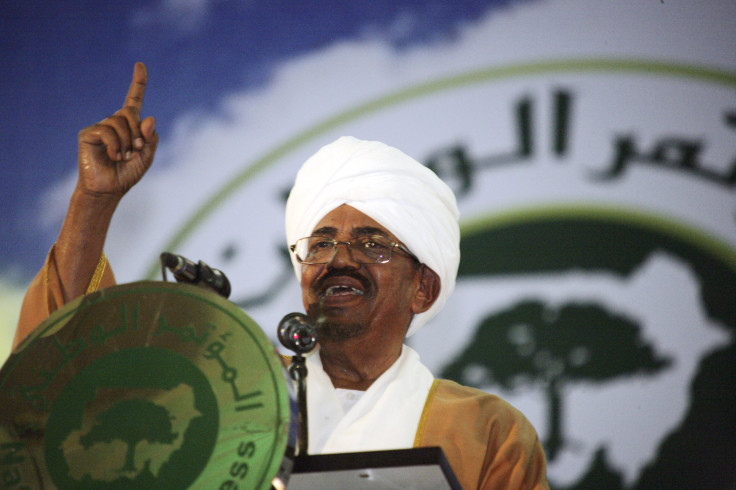Sudan's Bashir Nominated For Re-Election Despite Indictment For Genocide, Crimes Against Humanity

Wanted by the International Criminal Court for genocide and crimes against humanity in his country, Sudanese President Omar Hassan al-Bashir has been nominated for re-election. Despite his promise in January to step down in 2015, Bashir is now poised to extend his rule for another 25 years.
Bashir was the first sitting head of state to be indicted by the court. The only other sitting president to have been indicted by the ICC is Kenya's Uhuru Kenyatta, who was re-elected in 2013.
National Congress Party leaders endorsed Bashir by a 94 percent margin Saturday, Reuters reported, edging out four other rival party candidates. The endorsement signals Sudan is still far from reaching the goals Bashir set out at the beginning of the year, which included redrafting the consitution and bringing more opposition parties into the government.
Bashir took the presidency in 1989 after serving in the Sudanese army. He led a military coup to overthrow then-Prime Minister Sadiq al-Mahdi. Bashir helped negotiate a peace deal in 2005 to end the second Sudanese Civil War. The deal gave limited autonomy to South Sudan, which gained full independence in 2011.
In 2008, Bashir was indicted by the ICC for acts of genocide, crimes against humanity and war crimes in Darfur against the Fur, Masalit and Zaghawa ethnic groups. Bashir has argued Sudan is not party to the Rome Statute, which under international law requires countries to sign off on the establishment of the ICC, and therefore does not need to abide by its provisions.
© Copyright IBTimes 2024. All rights reserved.





















